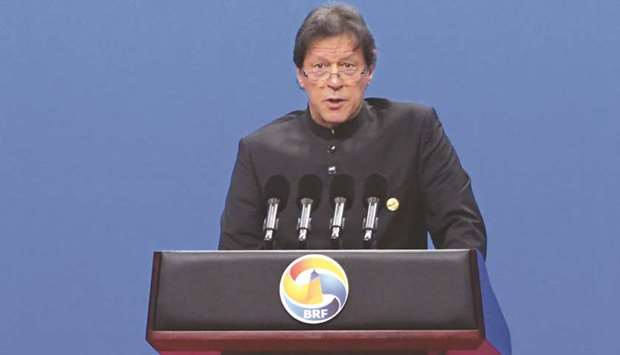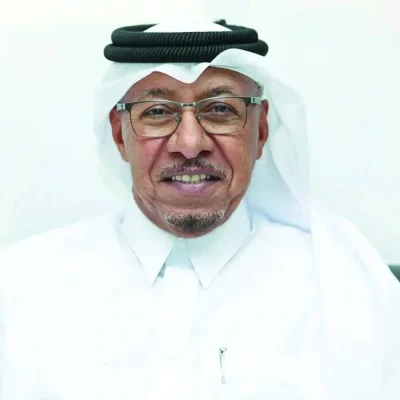Prime Minister Imran Khan has stressed the need to continue with institutional reforms, saying that the independence of institutions is vital for the country’s progress.
Last year, the government had disclosed that only eight government departments would be wound up as part of the reorganisation plan already approved by the cabinet.
The number of these entities would be reduced from 441 to 342 as some would be merged with others and some would go to the provinces, it added.
In a meeting with former law minister Babar Awan, the prime minister said: “There is no transparency in governance without accountability.”
Khan and Awan exchanged views on the current situation of the country.
The prime minister was briefed on different laws and constitutional matters.
According to a statement issued by the former minister, “the prime minister has said that the country has earned respect at the international level through the government’s effective policies”.
During the meeting, Awan praised the government’s measures in providing relief to the masses, saying: “The Ehsaas programme, shelter homes and kitchens, are an important step towards an established state.”
The fast-improving economic situation of the country and increase in remittances portray a promising future as well as confidence in the prime minister, he added.
“People will receive the benefits of the government’s economic policies in 2020,” Awan quoted the prime minister as saying.
Separately, the prime minister chaired a meeting to review progress on energy, higher education, health and development projects in Khyber Pakhtunkhwa (KP), especially the merged areas of erstwhile Federally Administered Tribal Areas (Fata).
Khan urged the people of the newly-merged areas to pay no heed to the naysayers, saying that development projects in their areas are the top priority of the government.
Minister for Energy Omar Ayub, KP Chief Minister Mahmood Khan, Special Assistant Nadeem Babar, KP Finance Minister Timor Saleem Khan, the federal finance and planning secretaries, the KP chief secretary, Higher Education Commission (HEC) chairman Tariq Banuri, and other senior officers were in attendance.
“We have to work with the people to thwart conspiracies of external elements,” said the prime minister. “It is essential that the people of the merged areas be taken on board regarding development projects and efforts being made to solve their problems.”
The meeting reviewed the development plans and the progress made so far on them in the merged areas.
According to a statement issued by the Prime Minister’s Office, Prime Minister Khan was informed at the meeting that the ministry of finance would provide the required funds for the timely completion of development projects in the merged areas.
The prime minister was also apprised that the ministry of energy is working to strengthen the weak power transmission infrastructure in those areas.
Khan directed the power ministry to resolve the issues of payment of dues of Malakand-III hydropower project and Pehur hydropower project.
The directives also include resolving the issue of income tax concession for Machai hydropower project and Pakhtunkhwa Energy Development Organisation projects.
HEC chairman Banuri briefed the prime minister on the financial issues and needs of KP universities as well as the strategies adopted by the commission in resolving and meeting them.
It was decided that a detailed meeting would be held within the next few days to finalise the strategy adopted by the HEC.
The prime minister directed the planning secretary to fulfil the requirements for uninterrupted delivery of quality health facilities at major hospitals of the province.
On the provincial government’s suggestion, Prime Minister Khan directed the ministries of Finance and planning to complete 16 most-important projects under the Public Sector Development Programme (PDSP), on a priority basis.

Prime Minister Khan: was quoted as saying that ‘people will receive the benefits of the government’s economic policies in 2020’.


